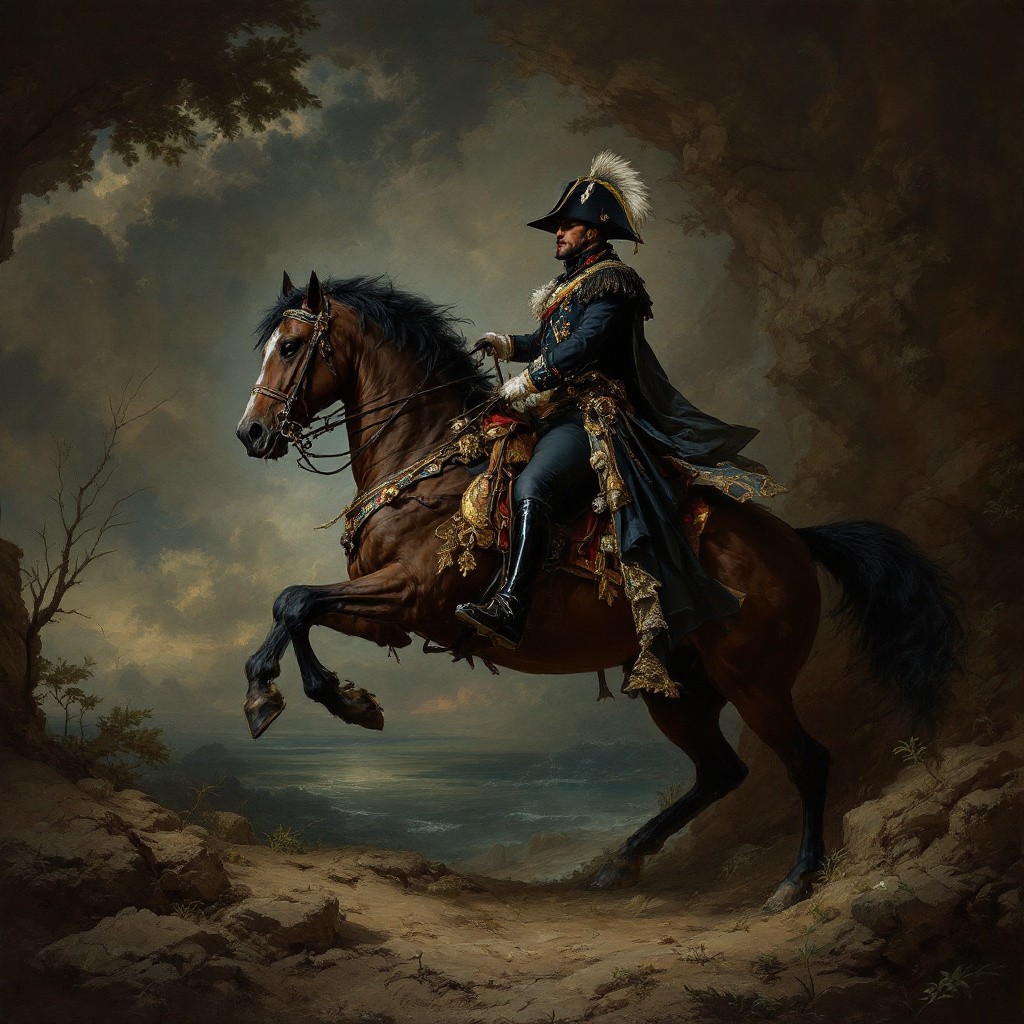Power often depends on patience and strategic timing. If you act too soon, you might miss opportunities or seem desperate. If you act too late, the moment may pass, and you could lose your advantage. The key is to sense the rhythm of events and act at the right moment.
Key takeaways
Recognize the Right Moment – Just like a skilled chess player, you must learn to anticipate when to strike, retreat, or wait. Timing can be the difference between success and failure.
Be Patient, But Ready – Power often comes to those who wait for the perfect opening rather than rushing in. However, when the moment arrives, you must be prepared to act decisively.
Control the Tempo – By slowing things down or speeding them up, you can put your opponents or rivals off balance. Those who control the pace of events often control the outcome.
Avoid Acting Out of Emotion – Emotional reactions—like impatience, frustration, or excitement—can lead to premature decisions. Stay calm and strategic.
Taking Nepoleon Bonaparte as an example, he was a master of battlefield timing. His ability to wait, deceive, and strike at the perfect moment was one of the key reasons for his military success. He understood that battles were won not just by strength but by acting at the right time.

How Nepoleon Mastered Battlefield Timing
- Feigning Weakness & Luring Enemies In: Napoleon often appeared weak to bait his enemies into attacking first. Once they committed, he would unleash a well-timed counterattack. At the Battle of Austerlitz (1805), he pretended to have a weak right flank, luring the Russians and Austrians in. Once they were overextended, he crushed them with a decisive counterstrike.
- Striking Fast When the Enemy Was Unprepared: Napoleon believed in speed and surprise. He would wait for the enemy to become complacent, then attack rapidly. In the Battle of Jena-Auerstedt (1806), he moved faster than the Prussians expected, catching them off guard and overwhelming them.
- Using the “Central Position” Strategy: Napoleon often divided enemy forces and then attacked one part before the other could react. This required perfect timing. At Ligny and Quatre Bras (1815) during the Waterloo campaign, he fought the Prussians first before turning to face the British. However, delays in timing led to his final defeat at Waterloo.
- Choosing When to Engage and When to Retreat: Napoleon knew when to avoid battle and when to strike with full force. In Egypt (1798), when faced with a stronger British navy, he avoided direct naval conflict and instead focused on land victories.
Napoleon’s success wasn’t just about military genius—it was about knowing when to act and when to wait. His ability to read the battlefield and time his moves with precision made him one of history’s greatest strategists. However, when he lost his sense of timing at Waterloo, it led to his downfall.
Application
One should always observe trends and patterns before making big decisions. Wait for the right moment instead of forcing things. Set the pace in negotiations or conflicts. Never act out of impatience or desperation. Mastering timing gives you an edge over competitors and allows you to seize opportunities when they are ripe.
